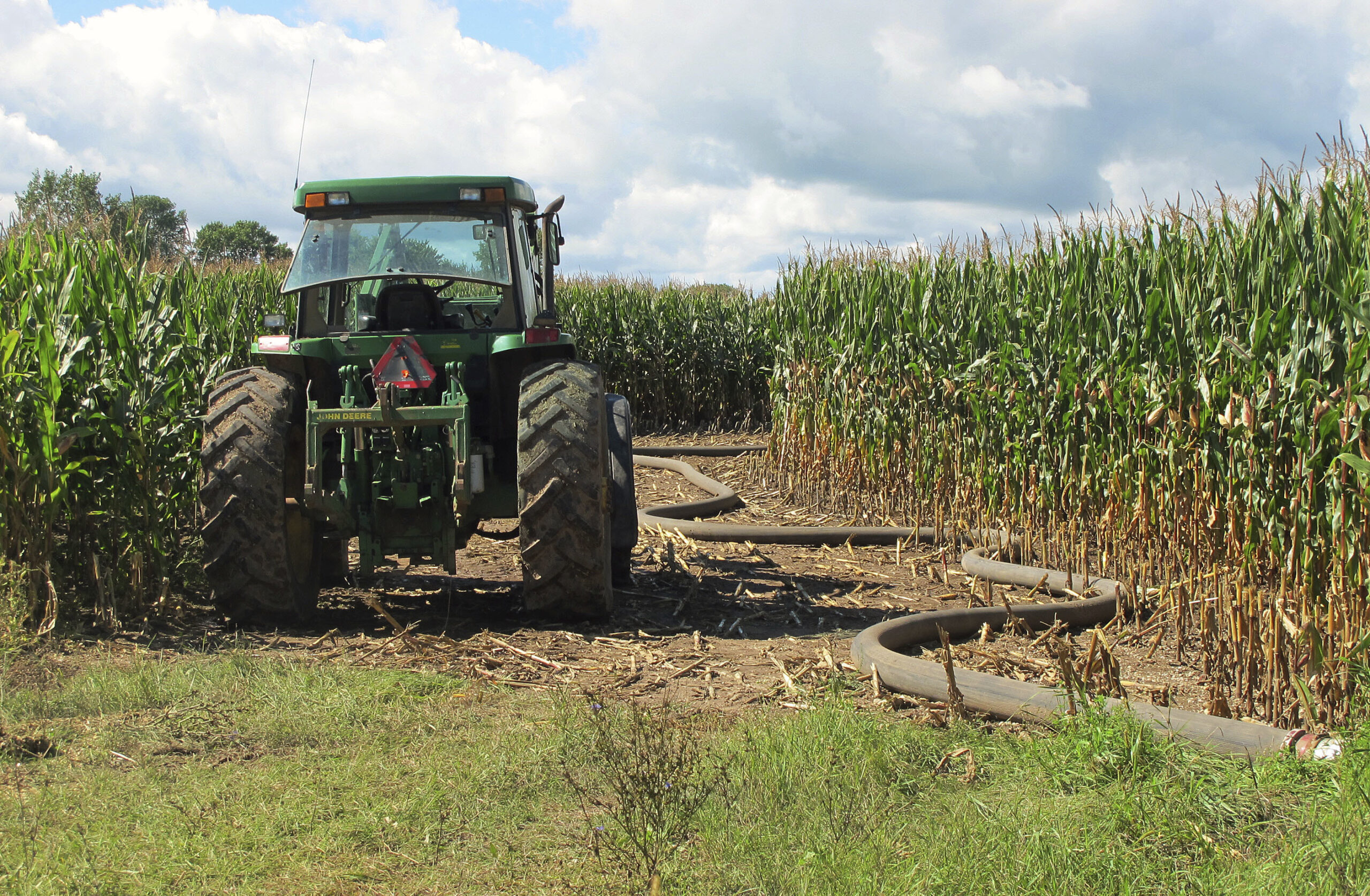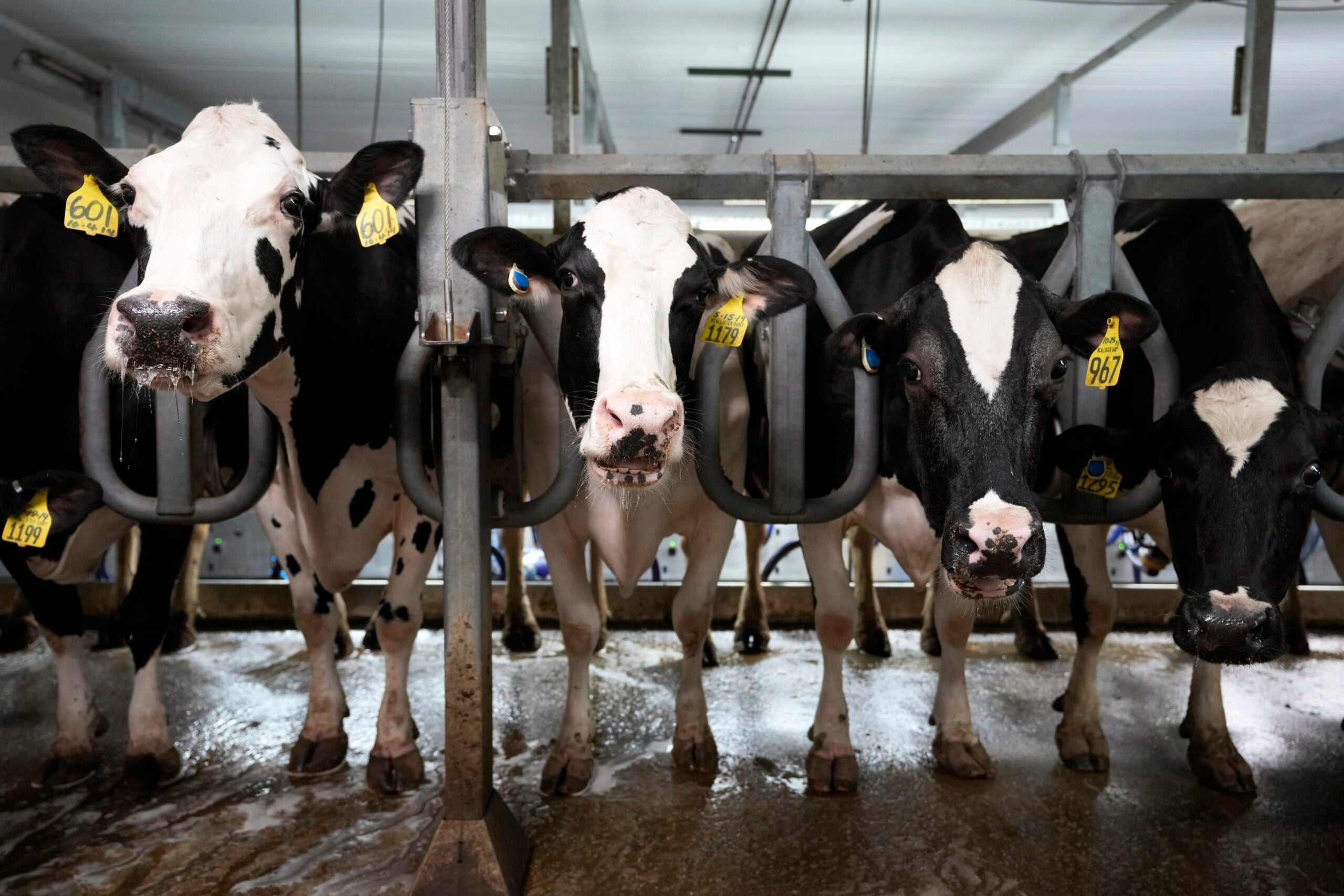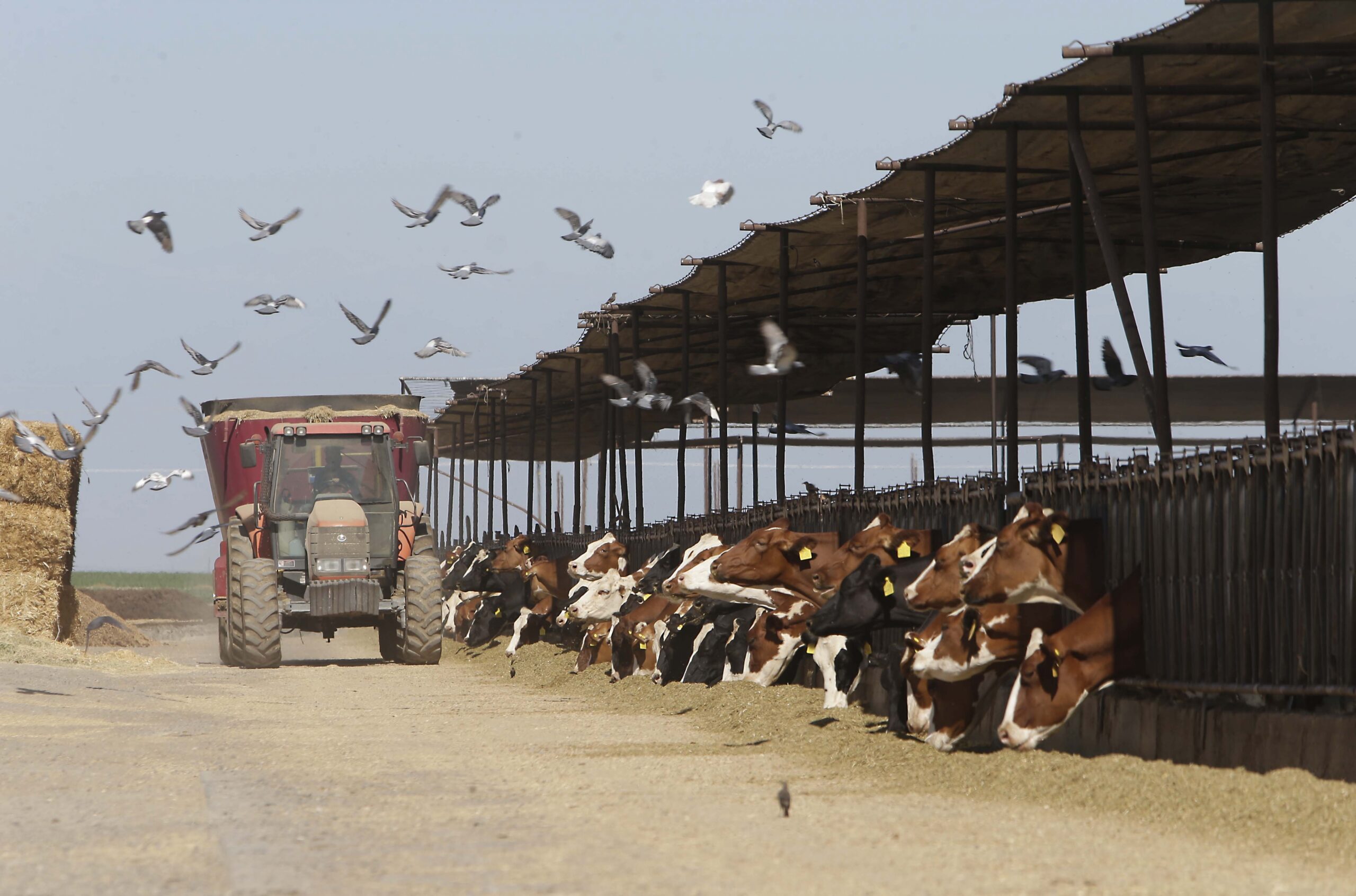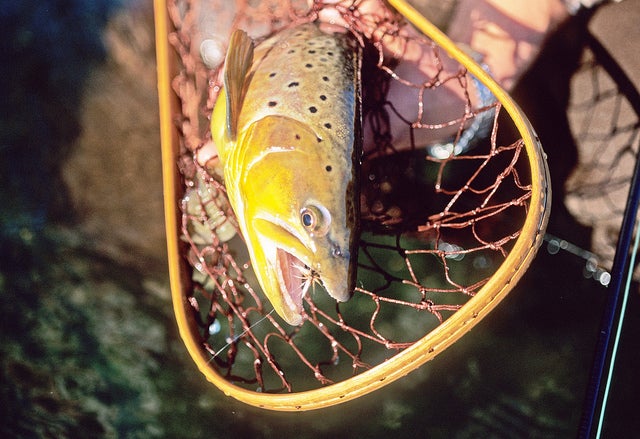The Wisconsin Department of Justice is suing a large dairy farm, a manure hauler and a crop consultant for falsifying a report to cover up overspreading of manure. Some environmental advocates say the case highlights the state’s over reliance on self-reporting for regulating concentrated animal feeding operations, or CAFOs.
According to the criminal complaint filed on Friday, an investigation by the state Department of Natural Resources found that Johannes Wakker of Wakker Dairy in Kewaunee County had too much manure in storage in late 2019. Wakker hired Gregory Stodola, owner of Stodola Ag. Transport, to spread the excess manure in an effort to meet a Nov. 30 deadline required by the farm’s permit.
The criminal complaint says Stodola overapplied manure on the fields surrounding Wakker Dairy and then created a fake document to hide the actual amount spread. The Wisconsin Department of Natural Resources investigation found the document underreported the total by over 1.9 million gallons of manure. Stodola then sent an invoice to Wakker for the real amount spread.
News with a little more humanity
WPR’s “Wisconsin Today” newsletter keeps you connected to the state you love without feeling overwhelmed. No paywall. No agenda. No corporate filter.
Wakker sent the fake document to the farm’s crop consultant, Benjamin Koss, and acknowledged in an email that Stodola was underreporting the numbers. Koss then further altered the data to allow the farm to meet their permit requirements for an annual nutrient management report required by the DNR.
The complaint alleges that the farm spread manure “even though weather conditions at the time caused soils to be saturated with water.” The complaint details three specific runoff events in early December 2019 where the DNR documented manure or wastewater entering unnamed tributaries of Lake Michigan. Water samples from the events found levels of E. Coli bacterium 100 times higher than the level that requires the closure of a public beach. The testing also found elevated levels of nitrates and other pollutants.
The complaint states Wakker admitted to DNR wardens that he observed the runoff events and was certain Stodola was overapplying manure on the fields.
Wakker, Stodola and Koss are charged with conspiracy to commit a crime and fraudulent writing. Stodola is also charged with three counts of discharging pollutants into waters of the state.
Midwest Environmental Advocates released a statement in reaction to the complaint, saying the overspreading and fraud detailed by the DOJ “are the inevitable result of a regulatory system that relies too heavily on self-reporting.” The group called for more funding for CAFO oversight and enforcement as the number of large farms in the state continues to grow.
Aaron O’Rourke is nutrient management program coordinator for the DNR’s CAFO program. He said the CAFO program is based on state law.
“It is a self-reporting permit program and the people that are required to submit information, whether it’s the farm or their consultants, are held responsible for the information that they submit to us,” O’Rourke said. “We are increasing our efforts on reviewing those (nutrient management) plans that are updated for us each year. And that’s hopefully going to increase the potential to catch any over-applications reported.”
O’Rourke said the number of annual updates that are actually reviewed by DNR staff depends on the department’s staffing levels. If an over-application is reported or a runoff event is recorded, that could lead to enforcement action against the farm, which O’Rourke said the DNR ultimately holds responsible for how and where their manure is spread even if they’re using a contracted hauler.
He said if a CAFO follows the nutrient management plan developed when their permit is issued or renewed, the farm should never run into a situation where they have nowhere to put their manure. O’Rourke said the DNR requires farms to have enough land to spread all of the manure generated each year, have 180 days of storage on the farm and identify separate fields or storage that can be used in case of an emergency.
The DOJ documents show Wakker, Stodola and Koss are required to appear in Kewaunee County Court on Jan. 12.
Wisconsin Public Radio, © Copyright 2025, Board of Regents of the University of Wisconsin System and Wisconsin Educational Communications Board.






